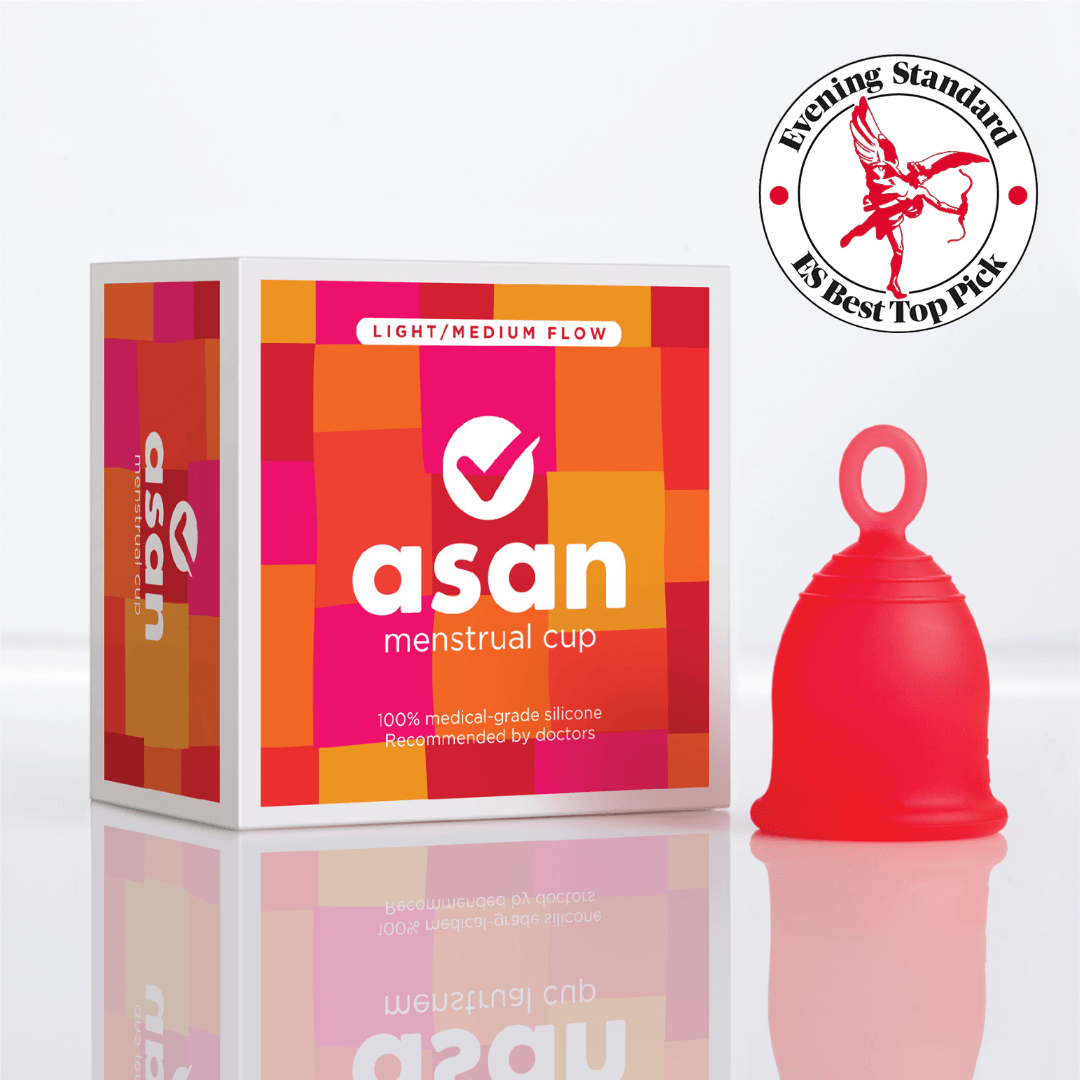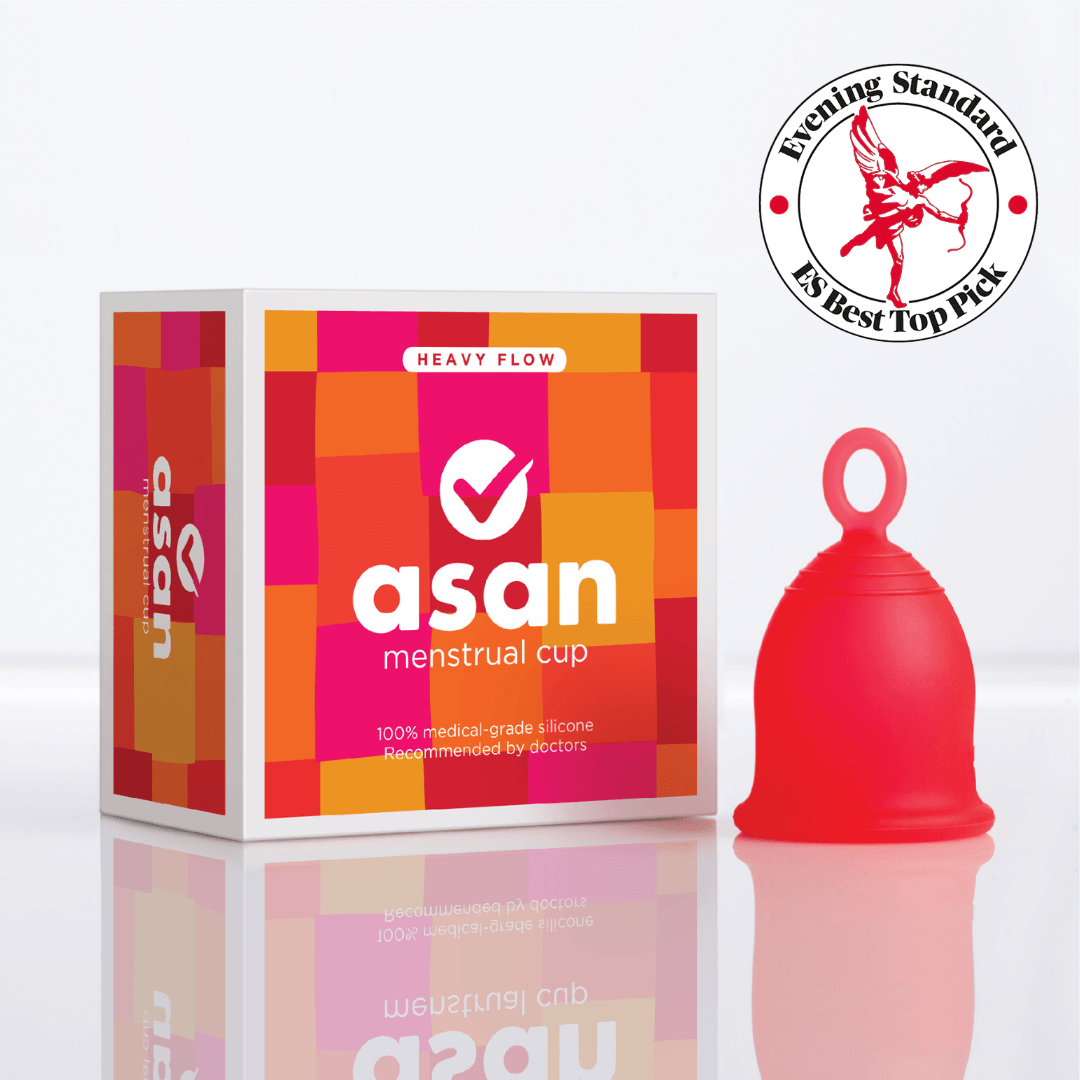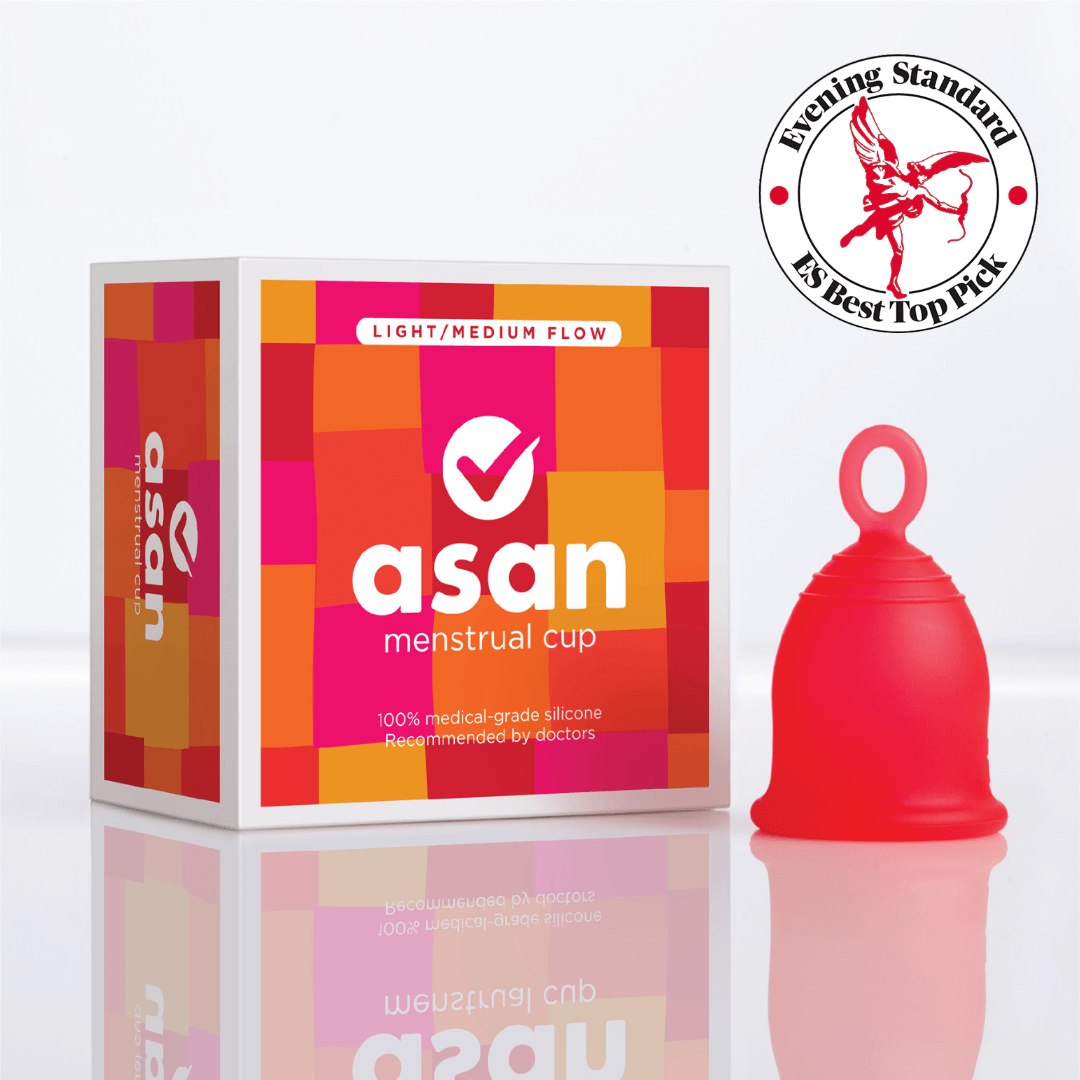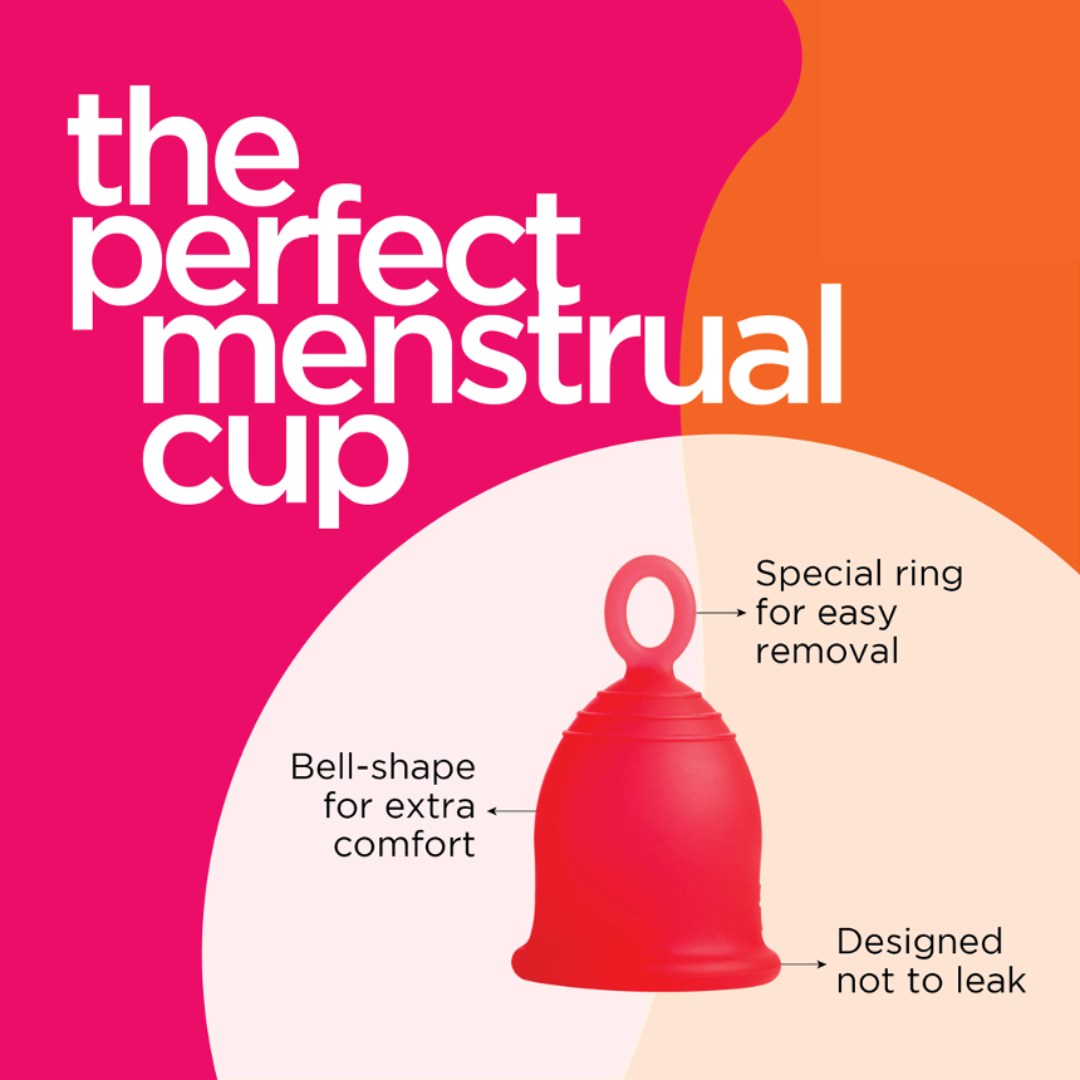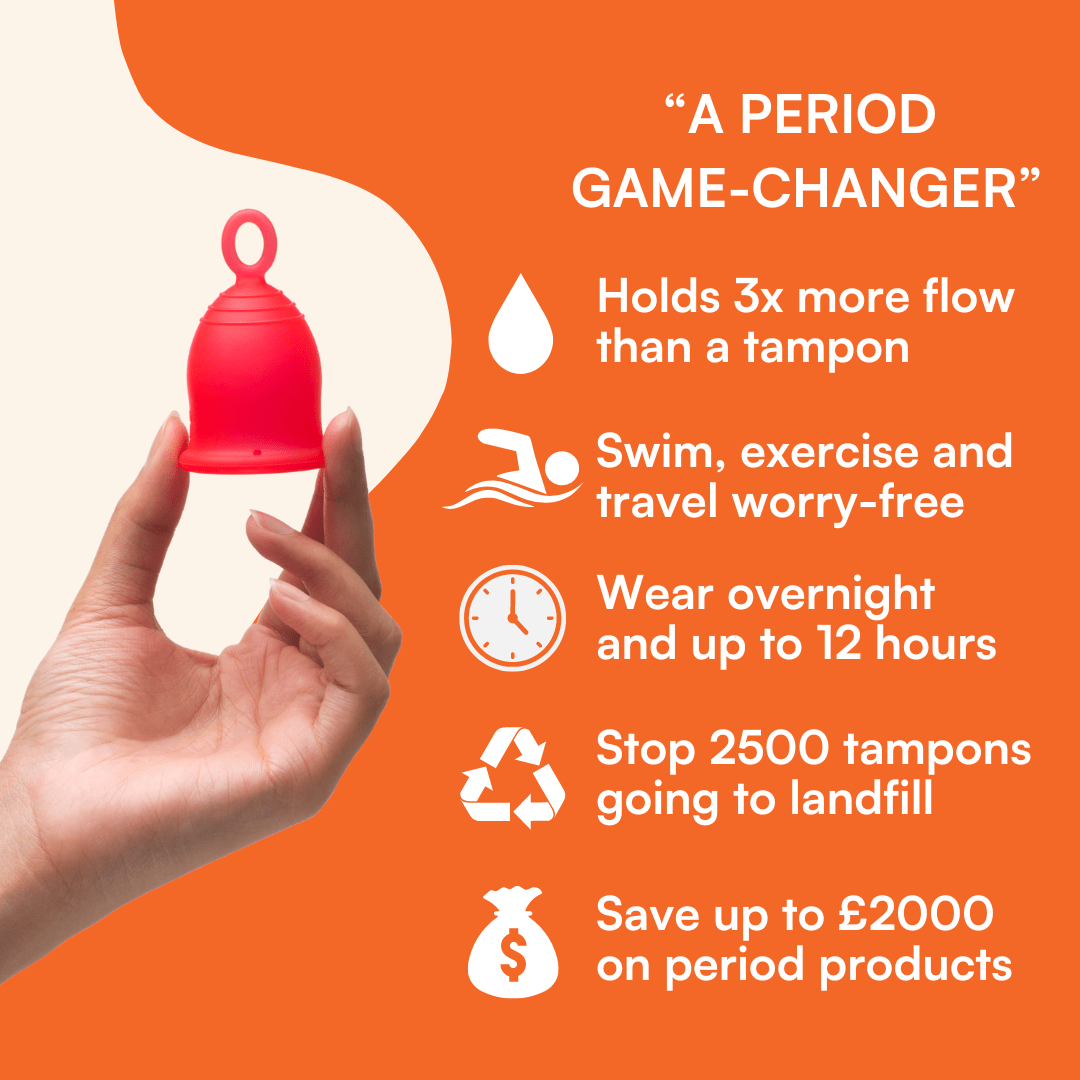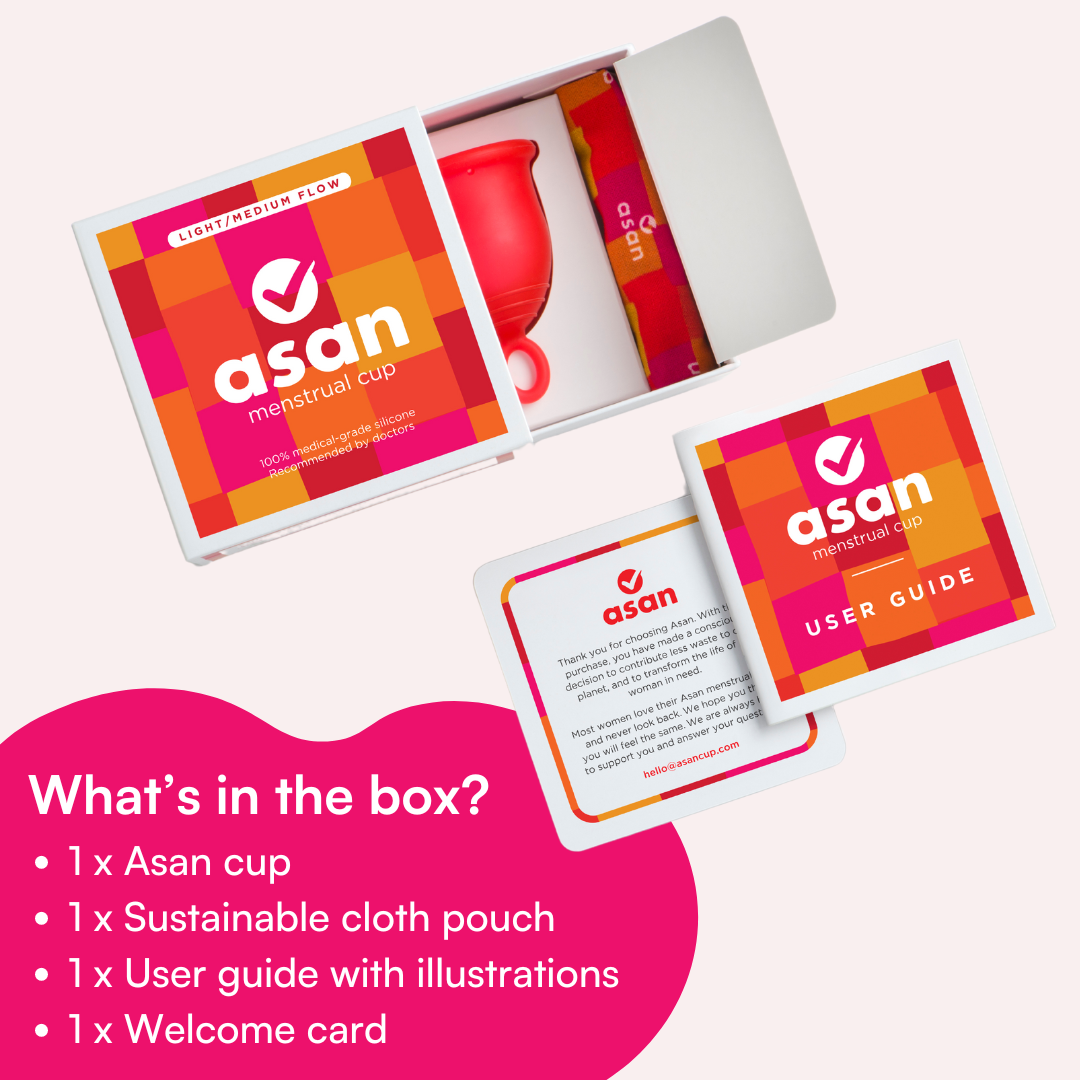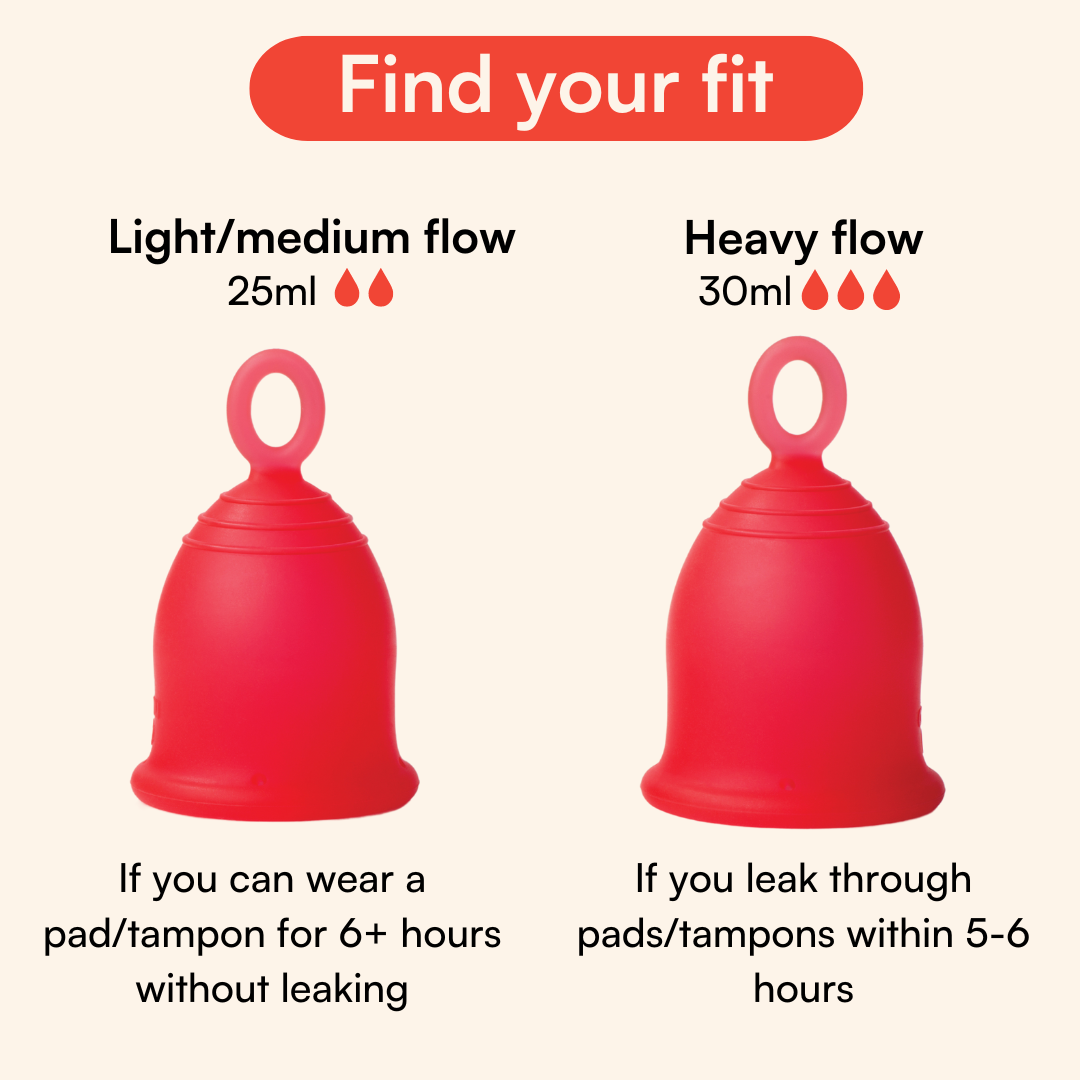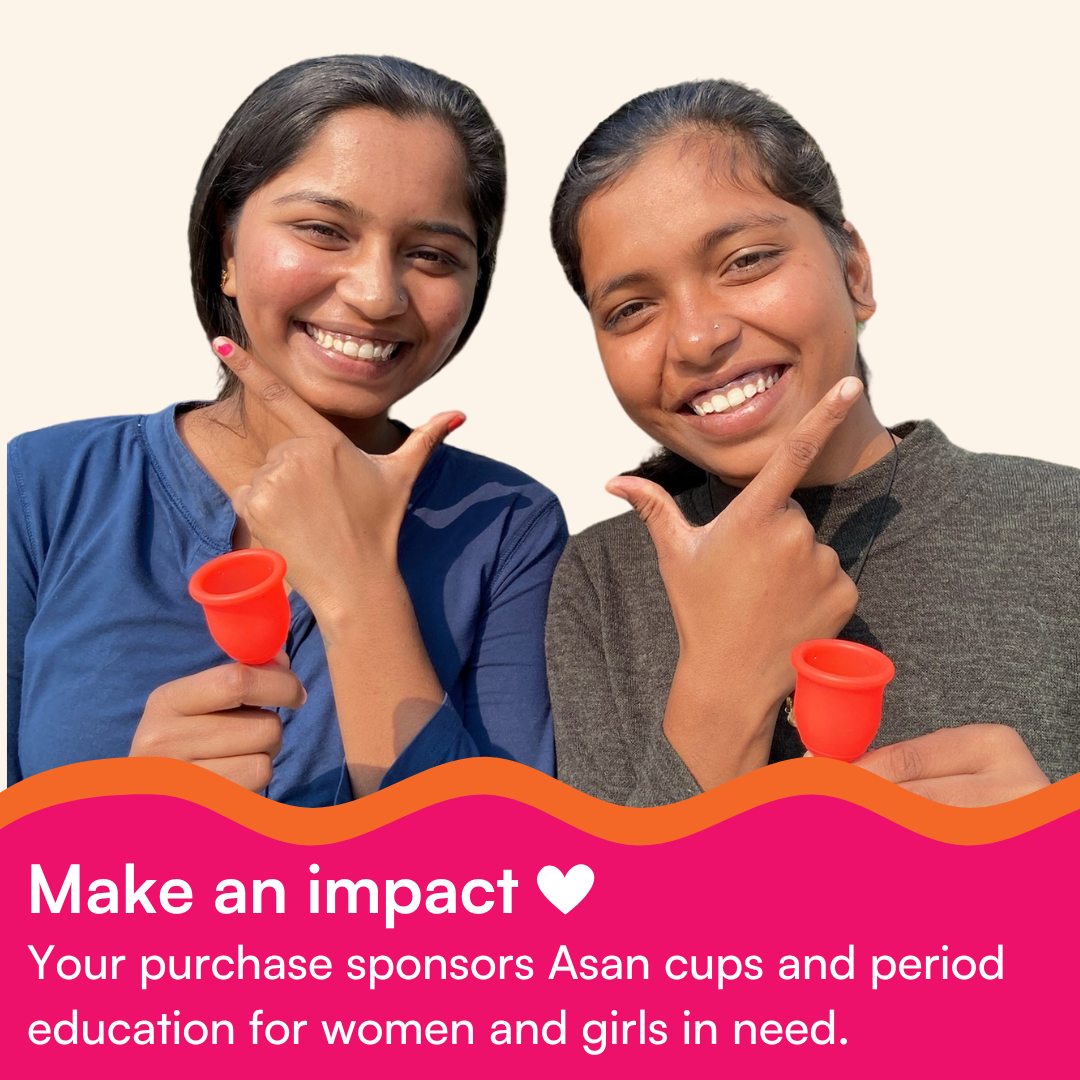what is period poverty?
Period poverty is a complex issue that affects approximately 500 million people globally. It often leads to people not attending school or work, or otherwise participating in daily activities.
While for a long time the definition of period poverty has been understood as a lack of access to period products, at Asan, we define poverty as whether or not you have a safe way to manage your period.
This involves not just access to high quality period products, but also access to resources such as clean water, effective waste management, and a safe space where you can have all your questions about menstrual health answered accurately.
how long has period poverty been around? is period poverty a global issue?
While global period poverty has always existed, due to the social stigma around menstruation this issue has been overlooked and disregarded in the past.
Due to the crisis of period poverty being so determined by cultural stigmas, different countries experience this issue in their own way. For instance, while in India girls may be forbidden from entering the temple due to the stigmatisation that a bleeding girl is ‘dirty’, in the UK a girl may be teased by her peers for leaking on her period at school.
Over the past 30 years, poverty has received more attention due to increasing awareness - resulting in active efforts to address this pressing social issue globally.
is there period poverty in the uk? who does it affect the most?
Yes, there is definitely period poverty in the UK and it affects three vulnerable groups the most:
- Children in low income families
It is estimated that currently over 137,000 children across the UK have missed school days due to period poverty. Children are the most affected by period poverty as low income families often need to prioritise putting food on the table - as a result neglecting period products.
- A person in an abusive situation
A person in an abusive situation may be experiencing neglect of many forms, such as having access to food and water, a safe support system, and basic resources such as period products.
Studies show that due to the stigma associated with periods, only 1 in 5 girls feel comfortable talking to teachers about their period - thus it can be hard to notice when a girl is struggling with this type of abuse.
- Homeless individuals
Homelessness is a huge issue in the UK - with over 75,000 homeless women turning to public toilets for toilet paper or their own socks to use as a substitute for sanitary products.
what are the causes of period poverty?
The main cause of period poverty is financial constraints. Studies have shown that the average woman spends £10.24 a month on menstrual products - which can be expensive for lower-income families.

Paying bills and having food on the table takes priority when on a tight budget, so sanitary products quickly become overlooked in order to prioritise the other factors.
what are the effects of period poverty?
The impact of period poverty can have devastating long term effects on a female's academic or work life, as they could be falling behind or be at risk of losing their job when they cannot attend due to their period.
Even worse, the stigma surrounding periods prevents individuals from talking about it, thus there is a misconception especially in male dominated workplaces about what period poverty is.
The consequences of period poverty lead to physical health issues such as rashes, thrush or urinary tract infections (UTI’s) - which can result in future birthing complications or infertility.
Furthermore, mental health and period poverty go hand in hand. In fact, a study of college-attending women found that 68.1% of participants who experienced period poverty had symptoms of moderate-to-severe depression, and also had higher rates of depression than the participants who did not experience period poverty.
This shows how period poverty can take a toll on women around the UK, even when it is deemed to be a socio-economically ‘developed’ country.
how does period poverty affect education?
According to a survey by Plan International UK, nearly two million girls aged 14-21 in the UK have missed a part day or full day of school because of their period - with 13% of girls missing an entire school day at least once a month.
This leads to a lower attendance at school which increasingly leads to worse attained grades as found by government studies - thus leading to less successful university and job applications.
how has covid-19 affected period poverty?
During COVID-19, the survey by Plan International UK indicated that 3 in 10 girls in the UK have struggled to afford or access sanitary products during lockdown, and “over half (54%) of these girls have used toilet paper as an alternative”.
This may be due to the increased demand in period products with people stocking up on supplies, leading to even higher prices. So, more girls could not afford menstrual products - leading to increased rates of period poverty.
what can we do?
what is being done to stop period poverty in the uk?
Prior to 2021, the UK had a ‘Tampon Tax’ (also known as Pink Tax) which was a premium that individuals had to pay for certain products - specifically menstrual products.

However, the UK stopped taxing period products from 2021 after following the footsteps of Canada who abolished this tax in 2015.
The abolishment of the Tampon Tax has led to cheaper sanitary products. This means that period products are no longer deemed as a “luxury, non essential product”, but now is an “essential product”.
Furthermore, Scotland’s recent move to make sanitary pads and tampons free for all menstruators has been game-changing to combat period poverty.
This is a step forward for the UK as it has identified the necessity of period products, ensuring less women suffer from it - leading to less school and work days missed.
how do we support period poverty amongst young people?
The Period Product Scheme for schools and colleges in England launched in 2020 ensures that all menstruators between the ages of 16 and 19 can access free period products in their place of education if needed.
Through this, period products for English schools are becoming more available and conversations around menstruation are getting normalised. 94% of secondary schools in England now provide free period products to pupils which help to end period poverty associated around children.
has period poverty been integrated in the school curriculum?
A study from 2017 found that 26% of girls reported that they did not know what to do when they started their period.
To act on this, In 2019 menstrual health became a compulsory part of the school curriculum for children of all genders in England.
As the average age of individuals getting their periods is 12-years-old, the introduction of the menstrual health curriculum in schools has led to a reduction in anxiety felt by students getting their first periods.

what can we do to stop period poverty?
Fighting period poverty in the UK can include:
- Educating people in schools and workplaces about free period products available for them
- Switch to sustainable period products
- Openly talking about periods to reduce the stigma
- Support organisations fighting period poverty by donating to charities for period poverty
- Spread awareness of International Women’s Day to address period poverty
shifting to sustainable period practises
is the period product scheme sustainable?
As of 2021, sustainably period products are available in the Period Product Scheme - menstrual cups and reusable pads are given as options.
Given this, statistics show that awareness and demand for environmentally friendly period products has increased in the UK.
how can the asan cup help you save money on period products?
The Asan menstrual cup can last up to ten years, which makes it much more affordable in the long term.

A one off cost of £24.95 is much more economical than spending £10.24 monthly on your period.
Even better, using the Asan cup means that an individual does not need to use non-biodegradable period products - which end up in landfills and take up to 800 years to decompose. Read our blog on environmental impacts of single-use period products to learn more
So do you want to save yourself £1200 for the next 10 years? Shop for the Asan cup now.


